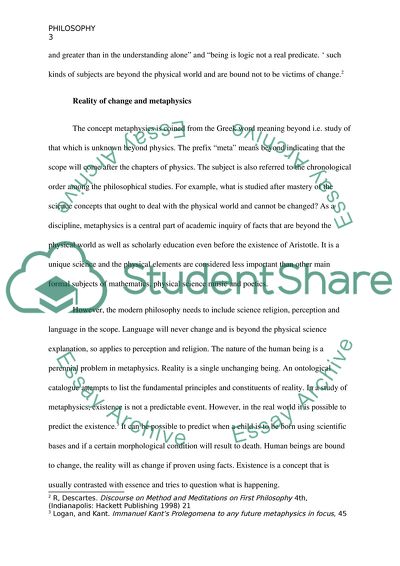Cite this document
(Reality in Philosophy Essay Example | Topics and Well Written Essays - 1500 words, n.d.)
Reality in Philosophy Essay Example | Topics and Well Written Essays - 1500 words. https://studentshare.org/philosophy/1818970-reality
Reality in Philosophy Essay Example | Topics and Well Written Essays - 1500 words. https://studentshare.org/philosophy/1818970-reality
(Reality in Philosophy Essay Example | Topics and Well Written Essays - 1500 Words)
Reality in Philosophy Essay Example | Topics and Well Written Essays - 1500 Words. https://studentshare.org/philosophy/1818970-reality.
Reality in Philosophy Essay Example | Topics and Well Written Essays - 1500 Words. https://studentshare.org/philosophy/1818970-reality.
“Reality in Philosophy Essay Example | Topics and Well Written Essays - 1500 Words”. https://studentshare.org/philosophy/1818970-reality.


